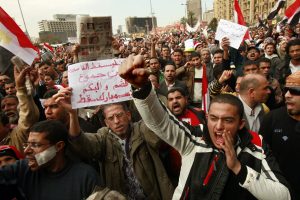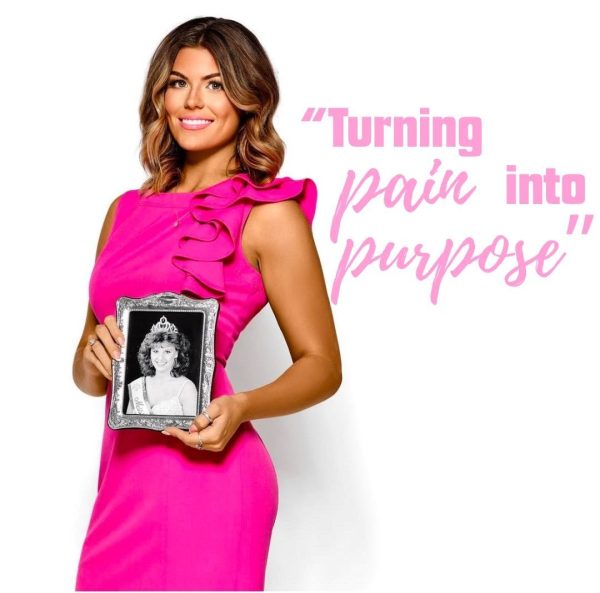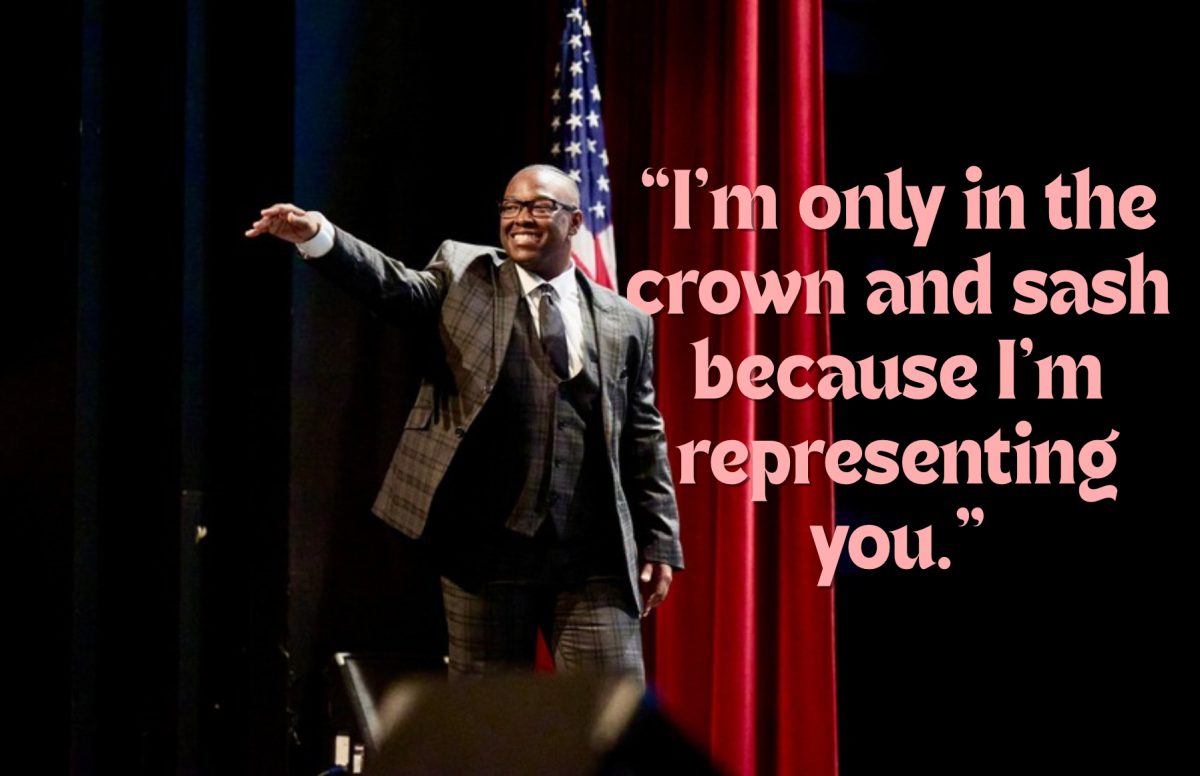 Khaled Said, an Egyptian businessman, was publicly beaten to death by plain-clothed police, inciting protest and uprising from the public.
Khaled Said, an Egyptian businessman, was publicly beaten to death by plain-clothed police, inciting protest and uprising from the public.
A human-rights Facebook page dedicated to Said is linked to sowing the seeds for the uprising.
The ease that communication social networking sites provides has given civil rights movements in Egypt unprecedented abilities to organize and mobilize protests.
The Egyptian regime under President Hosni Mubarak has long been known for iron-fisted police tactics.
Said’s death is allegedly evidence of human rights abuse by the police.
Jillian C. York of Harvard University’s Berkman Center for the Internet and Society explains the impact of Said’s death on internet inspired protests.
“Prior to the murder of Khaled Said, there were blogs and YouTube videos that existed about police torture, but there wasn’t a strong community around them,” York said.
She further notes, “This case changed that.”
The power social networking has over the regime is evident through the Egyptian government’s internet ban on Facebook and similar sites for several days before Google employees were able to circumvent the block.
Jessica Shows, a senior rad-tech major from Jonesboro, is thankful to live in a society that appreciates freedom of speech.
“It’s crazy that people live in a place where the police can murder you in public and the government can block your access to websites. We would never let that happen in the United States,” Shows said.
“We Are All Khaled Said” is the Facebook page that sparked the flame of this revolt.
It posts cellphone pictures of his body in the morgue contrasted against a picture of him happy and alive. It now has 473,000 followers.
This appears to be a purely grass-roots movement, displaying the Western political-philosophical notion that the citizenry has the right to resist governmental abuses.
It is interesting that this revolution was not caused by a political faction or party, but ordinary citizens using Twitter, Facebook and Youtube to spread their message.





